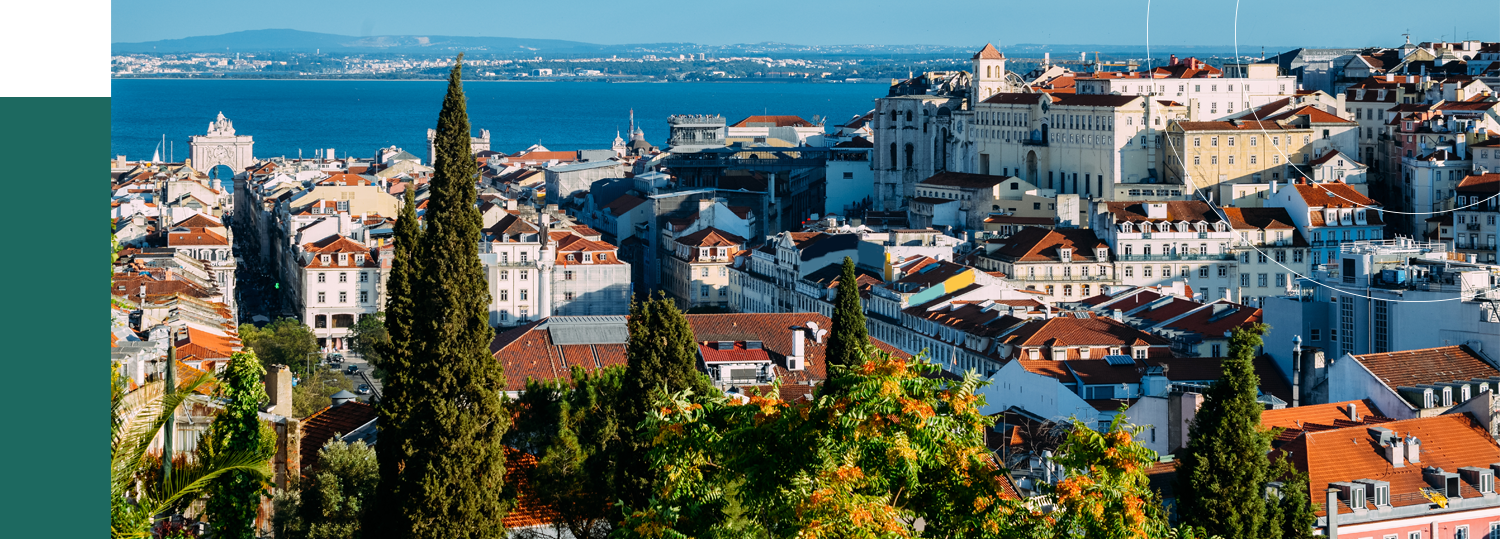When investing in e-commerce, it is always convenient to analyze its context in the socio-economic reality of a country – penetration rate, consumer profile and consumption habits, and, of course, local payment methods.
Concerning online payment methods, Portuguese consumers are familiar with credit cards, direct debits, e-wallets, bank transfers, and money transfers. However, the top 3 local payments used to purchase online are Multibanco, credit and debit cards, and PayPal.
1. Multibanco
Multibanco is the most popular payment method in Portugal, and it’s a fully integrated interbank network owned and operated by Sociedade Interbancária de Serviços S.A. (SIBS) since 1985. This network links over 11.000 ATM machines spread across the country in supermarkets, malls, airports, museums, stations, banks, government offices, and public services institutions. Multibanco allows to pay a wide range of services through ATMs, POS terminals, online banking, and mobile phone apps:
- Purchases
- Bank transfers
- Cash withdrawals and cash deposits
- Pay utility bills, taxes, and licenses
- Pay services and purchases
- Recharge mobile phone credit
- Other
Source: Boa Compra
2. Mastercard and Visa – credit and debit cards
Portuguese consumers are quite familiar with debit and credit cards, having been issued 21.66 million payment cards in 2018. It’s one of the most relevant payment methods with a 70.5% share of total transaction in 2018.
- EU 85.9 billion in 2018
- EU 77.2 billion in 2017
- EU 70 billion in 2016
Source: Statista
There are more than two dozen domestic and foreign banking institutions in the country, each issuing their debit cards. As for credit cards, Mastercard and Visa are the most popular.
3. PayPal
PayPal is a global real-time payment solution that uses the financial infrastructure of bank accounts and credit cards to send and receive money, to make payments, and shop online. PayPal is becoming more used on e-commerce platforms as it allows customers to conveniently and securely checkout with just their email address and password.
How does it works? It’s just needed to create a PayPal account registering your email address, and your credit card our bank account.
Key facts and figures of the Portuguese e-commerce
Although in Portugal, the share of consumers who shop online is below the European average, the scenario is promising, and Portuguese positively rate their online shopping experience as good and very good:
- Easy and simple process
- Safety and security
- Personal data privacy
- Trust in local payment methods
Source: Observador Cetelem
For those wishing to invest in the Portuguese e-commerce market are some of the most relevant facts and figures:
- The gross domestic product (GDP) is to reach USD 236.41 billion by the end of 2019; it’s projected to be of USD 243.23 billion in 2020, 253 billion in 2021 and 262.86 billion in 2021
- The real GDP is forecast to increase by 1.5% p.a. from 2018 to 2023
- Internet users are forecast to increase from 7.12 million in 2018 to 7.33 million in 2023
- E-commerce market revenue amounts to USD 3,354.1 million in 2019
- E-commerce market revenue is expected to grow 8% p.a. until 2023, corresponding to a market volume of USD 4,565.6 million in 2023
Partnering with a local payment expert
Given the growth potential of the market, the number of domestic companies adopting the online business model is increasing, and more international companies are interested in Portugal’s e-commerce. To help merchants penetrate or expand into this market, it’s important to partner with a local expert, such as BoaCompra.
Ready to start right now? Click below and talk to one of our experts:






